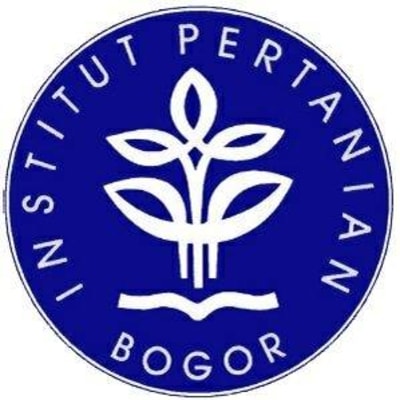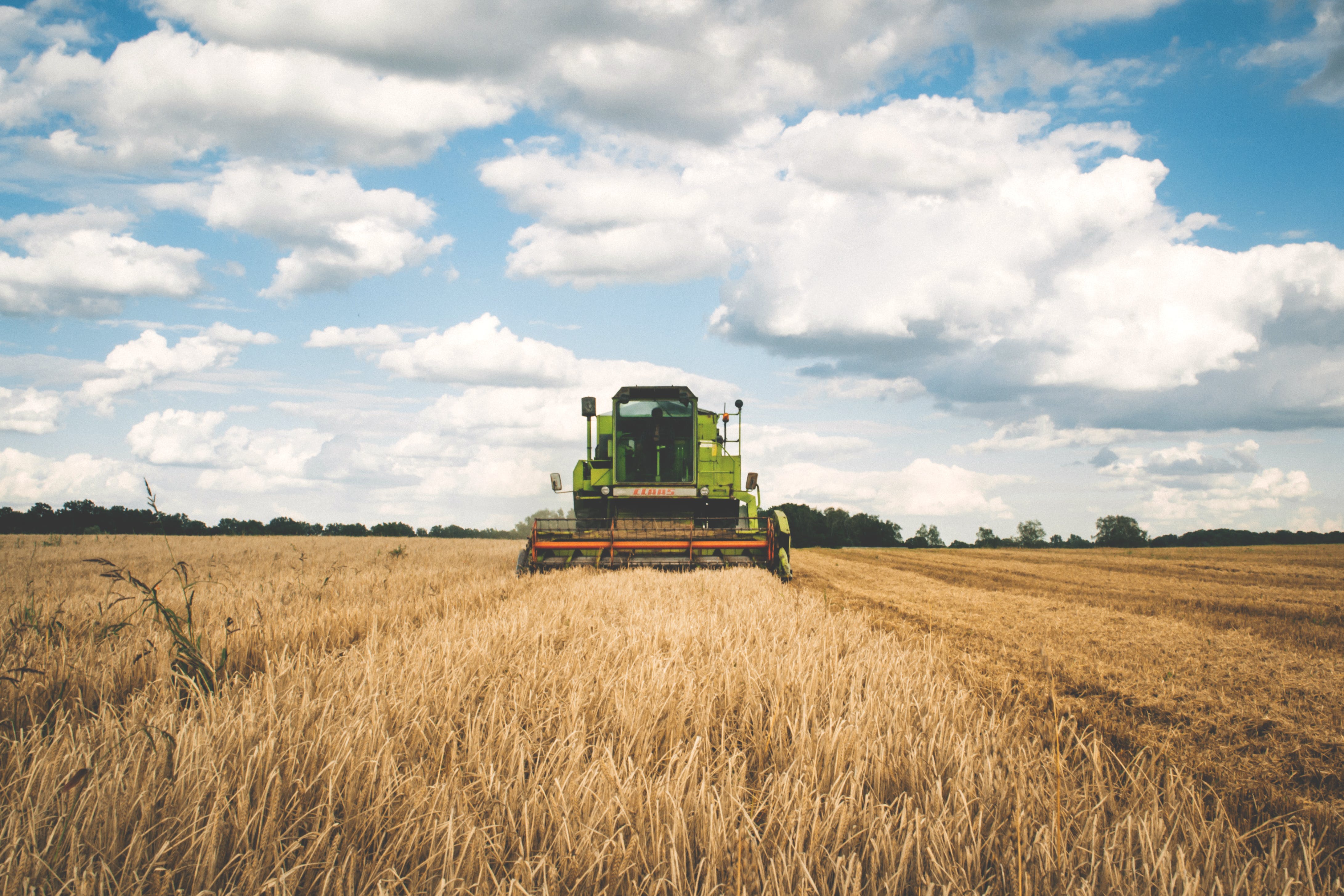
Bachelor of Agroindustrial Engineering
IPB University

Key Information
Campus location
Dramaga, Indonesia
Languages
English
Study format
On-Campus
Duration
8 semesters
Pace
Full time
Tuition fees
IDR 25,000,000 *
Application deadline
Request info
Earliest start date
Request info
* BPIF fee - UKT fee; 30.000.000 IDR
Scholarships
Explore scholarship opportunities to help fund your studies
Introduction
The curriculum integrates engineering and industrial management with environmentally friendly process technology, commitment to improving the quality of education, for example by winning the Center Grant (1997-2000), QUE Project (2001-2004), Program B (2004-2006), PHKI (2007-). 2010), IMHERE (2010-2011). Agro-Industrial Technics undergraduate program obtained international accreditation from ETAC (Engineering Technology Accreditation Commission) ABET, the United States starting in October 2011. Agro-Industrial Technics has an A-rank accreditation for S1, S2 and S3 programs.
Employment
National and multinational industries, technopreneurs, research institutes and university development, banking and financial institutions, government institutions.
Vision
To be an outstanding and internationally recognized educational institution that provides qualified engineering and management, and environmental management and technology.
Mission
The DAT's missions are to carry out qualified education, research, and community service in the field of agro-industrial technology and management, focusing on:
- Continuous improvement in educational quality including human resources, physical facility, and services in order to produce qualified graduates.
- Strengthening research link and match between university and industry in order to develop agroindustrial, science, and cutting-edge technology.
- Intensification and extending the community development activities emphasizing on the entrepreneurship development for small and medium scale agro-industry.
The Curriculum and the Divisions
The curriculum prepares graduates with the ability to design, develop, implement, control, evaluate, and improve the system performance of sustainable agroindustry, through an integrated approach of the transformation process, system engineering, industrial management, and environmental aspects to increase the added value of agricultural/bio-based resources and their derivatives. The university set the mandate of the DAT which is "the development of science and technology in the field of agro-industry including industrial engineering and management, process and bioprocess technology, and technical and industrial environmental management".
The DAT is supported by seven divisions (Scientific Laboratories) which have specific mandate and scope, both in the field of education, research, and community development. The seven divisions namely,
- Industrial System Engineering
- Process Technology
- Bioindustry
- Industrial Business and Application
- Packaging, Storage, and Transportation System
- Quality Control
- Industrial Environmental Management and Engineering
Objectives
General
Implementation of international programs in agroindustrial technology to produce graduates who are able to expand their knowledge and skills in accordance with the needs of agro-industry development in global competition.
Specific
- Become an international learning institution for agroindustry through networking with the internationally recognized educated institutions.
- Strengthen networking through student and staff exchange, internship and international conference or symposium, international joint research, and collaboration.
- Provide opportunities for local and foreign students to study agroindustry.
- Generate research ideas to contribute to agro-industrial development, science, and technology.

Freestocks / Pexels
Student Outcomes
The student outcomes of DAT's are as follows :
- Able to apply knowledge, techniques, skills, and modern tools in an agro-industrial engineering discipline;
- Able to apply knowledge of mathematics, science, engineering, and information technology to solve problems in agroindustry;
- Able to design and conduct lab and field experiments as well as to analyze and interpret data;
- Able to design an agro-industrial system that integrates aspects of process technology, industrial systems engineering, and environmental technology to meet intended purpose within realistic constraints;
- Able to function as a member or a leader in a multidisciplinary and multicultural team;
- Able to identify, analyze, synthesize, and solve engineering problems in agroindustry;
- Able to communicate in written and oral effectively;
- Comprehend the importance of lifelong learning;
- Understand and commit to professional responsibility and ethics in solving engineering problems in agroindustry;
- Understand contemporary issues in agroindustry context;
- Able to plan, accomplish and evaluate tasks under given constraints;
- Able to transform ideas into agroindustry business (technopreneurship).
The Campus
The Bogor Agricultural University or IPB is located in Bogor City and Dramaga, Bogor. The DAT is located in the Dramaga area. The closest train station is Bogor Station. With easy access to neighboring cities, the campus is just 60 minutes from Jakarta on the commuter line, making it convenient for students to commute from out of town. IPB has rich natural surrounding and transportation system which support the ideal environment for academic and non-academic activities.
Facilities
The DAT has a total space of 2.987 square meters consisting of a main office and meeting rooms, common classrooms, laboratories, library, display room, staff rooms, and administration offices. The administration rooms consist of one room for Head of Department and Secretary of Department, rooms for administrative staff, and meeting rooms. The small meeting room has a capacity of six seats and the bigger one has up to 50 seats. Total spaces for the common classrooms are 1.375 sq. m for the undergraduate program. In addition, the DAT also has 324 sq. m room that is possible to be used for the undergraduate programs, for a seminar, student consultation or other discussions. The classrooms are generally equipped with whiteboards, screens, and LCD projectors. Their capacities range from 30 up to 200 seats.
Student Activities
The Department of Agroindustrial Technology has a student organization named Himalogin (Himpunan Mahasiswa Teknologi Industri). Himalogin conducts or arranges student activities which helps them to develop in academic or non-academic fields. The examples of those activities namely,
FORAGRIN (Forum Agroindustri Indonesia)
Agroindustry Indonesia Forum (FORAGRIN) is a forum that consists of students who are involved in the field of Agricultural Industrial Technology. The focus of FORAGRIN raises further problems and prospects of Agroindustry as an active solution to build Indonesia with its Agriculture.
Hi on Radio
Gives information related to agroindustry and the DAT by using radio as the publication media.
Festival of Agroindustry
A series Of national activities related to the introduction and development of agroindustries, with forms of scientific writing competition at high school and university level, and university level debate competitions.
Semangat Desa Agroindustri (ATSIRI)
A program developed by Himalogin member students to apply agro-industry knowledge by way of counseling and forming business partnerships with target villages to develop existing commodities in the Village into value-added products.
Admission
There are two main ways of student admission National Invitation (SNMPTN/Seleksi Nasional Masuk Perguruan Tinggi Negeri) and National Examination/Testing (SBNMPTN/Seleksi Bersama Nasional Masuk Perguruan Tinggi Negeri). In May 2009, IPB established a new selection system through U TM (Ujian Talenta Masuk). The prospective students apply through the local committee of IPB and take a written test. The selection process is carried out by the local IPB committee by involving faculty based on written test results.
Admission Requirements
- Graduating from nationally accredited high school.
- Passing international education qualifications equivalent to the above.
- Obtaining ITP/international TOEFL with a minimum score of 550 (PBT); 80 (iBT) or IELTS minimum score of 6.0.
